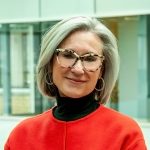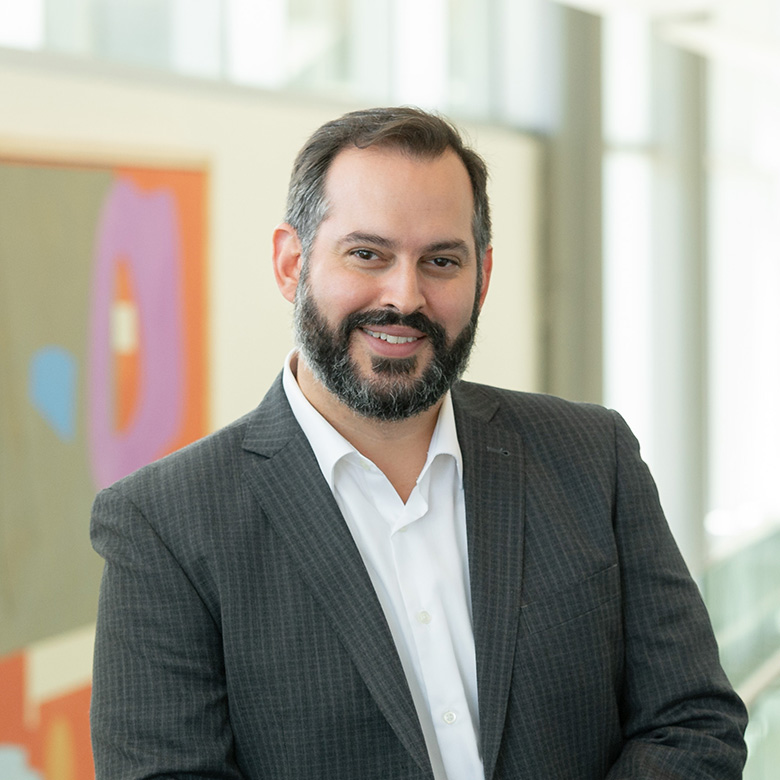DR. Julien Picault
Professor of Teaching, Economics
Irving K. Barber Faculty of Arts and Social Sciences
My journey in higher education was probably more tortuous than many of my colleagues. I did not come from an academic family—neither of my parents attended university or even finished high school, so higher education was entirely foreign to me growing up. Early on, I had no plans for my education, unsure if I would even pass my baccalauréat—the final exam required to complete secondary school in France. I went to university mostly because I did not have a better plan. Although my mom supported me in attending university, my father did not. Even after completing my licence, which is equivalent to a bachelor’s degree, he told me to “arrêter tes conneries,” which loosely translates to “stop your nonsense.” My father believed I would be better off working a factory job than pursuing higher education. Luckily, I was not inclined to listen to him.
I was a mediocre student for my first few years of university—I even scored 16/100 in my second-year Macroeconomics course, a class I now teach. However, I still managed to complete my undergraduate degree. I never expected to work in academia, but my perspective completely changed after participating in an international exchange program in Montreal. The collaborative environment helped me adopt a growth mindset and believe in myself. I realized that I could become a good student. So, I made studying a priority and was accepted for graduate studies in Montreal. I graduated with my PhD and found my dream job at UBC Okanagan.
“Students are making dozens of economic decisions daily without even noticing. I aim to use their life experience to their advantage.”
These experiences give me a unique perspective on some of the challenges that can impact students’ success. My goal is to find ways to teach students the skills and knowledge they will need for their future careers and lives in an interactive, open-minded, and respectful environment. My research and teaching are completely intertwined, with students present at every stage of my work. Most of my research is devoted to developing more effective teaching methods that encompass everything from classroom teaching innovations to online learning platforms and more. One of my favourite techniques is to use familiar activities that students enjoy (such as playing games, watching TV and movies, or taking selfies) as a conduit for knowledge. Students make dozens of economic decisions daily without even noticing, and I aim to use their everyday experiences to their advantage. I also look for opportunities to create new courses that help students develop specific skill sets. Student feedback is instrumental in the development of my methods. I probably learn more from them than they learn from me—but the beauty is that I can then use what I learn to improve the learning experience of future generations.
I also believe in building a strong community of teaching. I created The Economics Instructor’s Toolbox — a website that catalogues economic teaching strategies developed by researchers worldwide, supporting instructors from UBC Okanagan and around the world in their teaching.
UBC Okanagan is a vibrant community with a growth mindset. It feels like anything is possible here. When interacting with people on campus, there is a sense that we are all working together to build a strong community of excellence for colleagues and students. There is still much yet to do, so it feels like you are part of writing the history and future of this campus.
MORE FACULTY PROFILES

Meet Dr. Lynn Bosetti, Professor in the Okanagan School of Education.
“I strive to create a safe, brave space where students can share their experiences, investigate alternative perspectives, and form their own position on controversial issues.”
NEW FACULTY
Meet the New Faces of the Okanagan
Get to know the new faces of UBC Okanagan, including what they teach and research and why they are excited to join our campus community.


